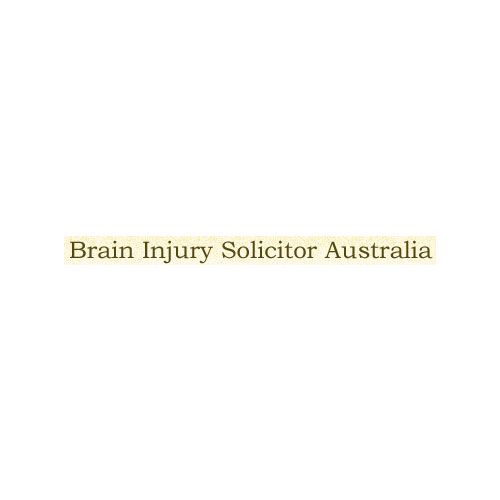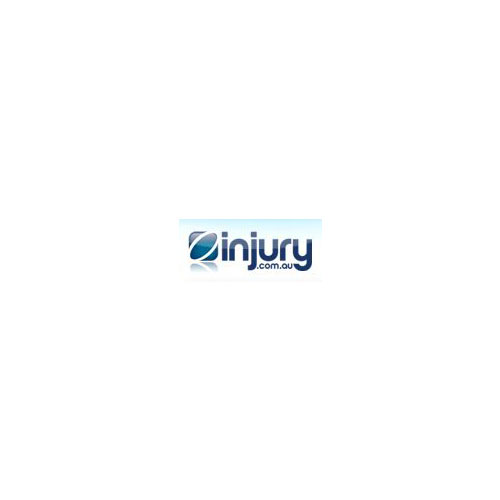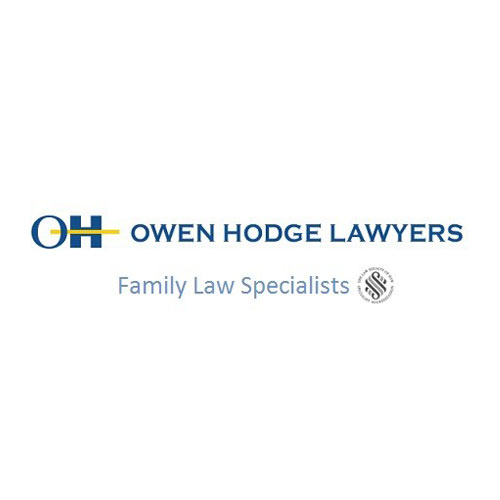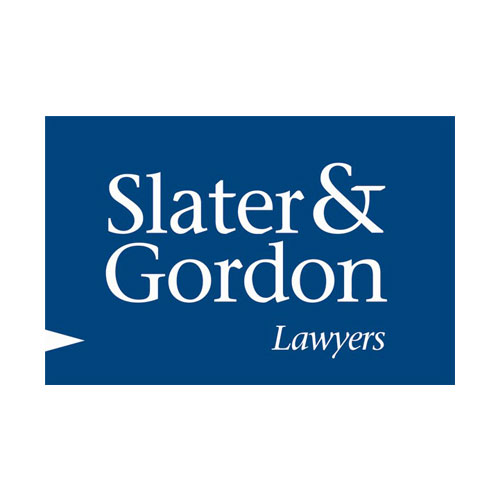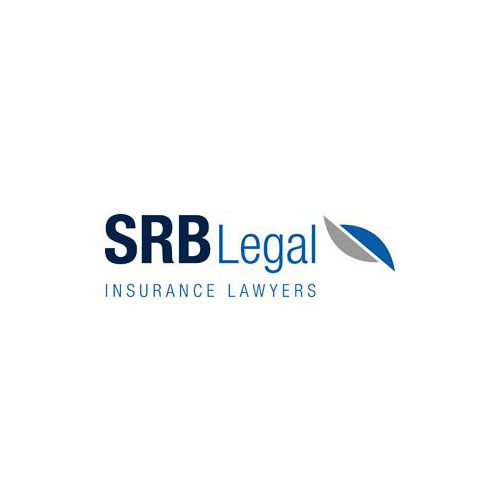Any injury involving damage to the brain is dangerous. If you suffer any trauma to your brain, you may damage other areas of your body too.
In any case of head trauma, it is vital to act as if it were a serious injury, even if it appears that there is no obvious damage to the victim. Brain damage can't always be identified immediately, and should always be treated as the most serious kind of injury. Especially in the case of brain injury, someone who has experienced a severe head injury may no longer be able to walk, talk or live the way they did before the injury. Perhaps a limb may be paralysed or an eye blinded, this may mean having to relearn how to drive, or restoring normal balance and co-ordination. All these consequences can cause major difficulties in everyday life and if the compensatory sum paid by the insurers is not adequate, you may wish to claim directly against the liable party.
If you have suffered a brain injury, it is vital to seek medical advice immediately. If possible call an ambulance and do not attempt to drive to the hospital. Make sure you get an x-ray and MRI and have a neuro-surgeon examine the injury. If the injury is serious enough, you may need to be hospitalised for an extended period.
Further, if you suffer long term difficulties that effect your life, you could be burdened by medical expenses, loss of income and prolonged pain and suffering. If the cause of the injury was not your doing, and the sum that was compensated by the insurance company was inadequate, you have the right to lay a claim against the responsible party's assets. It is important to consult with legal experts to determine the validity of your claim, as well as the relevant medical authorities. If you relative or loved one has suffered a brain injury, you can claim on their behalf too.
In the case of a claim, your lawyers will advise you on the best course of action. Medical evidence and diagnosis is technical and complex, determining the direct cause and likely prognosis may be difficult. In cases of minor, but debilitating brain injuries, it may be necessary to seek ongoing medical attention such as physiotherapy or psychological support. Australian law requires that it's citizens are protected from having to claim against the responsible parties and the insurance exists to compensate any injured persons, and so if you are claiming directly from the assets of the responsible party, your case will also depend on how the injury was caused, for example if the injury was due to a criminal assault, your case will rely on the outcome of the assault charge. However, If for example you fall from a stack of poorly balanced chairs while climbing into the attic, then most people might say this is a simple accident (as serious as the fall may be). The insurance does exist for you to claim in these cases, however you will only be entitled to the sum granted and no more.
It is important to seek advice from experts these people will include your GP, neuro specialists, therapists, physiotherapists, lawyers, labour law consultants – if the case of an injury that has taken place at work, and in some case you may wish to lay a criminal charge at the police station. You might make against a life or medical insurance policy. In this case, you will still need to engage with the medical professionals involved in your treatment. The first thing you will need to do is to check that there are no specific exclusions to the life insurance or medical insurance policy that excludes the circumstances of the injury, for instance if it was an injury that occurred due to an accident while engaging in an extreme sport, you might not be covered for the amount you are seeking, or expect.
If you do claim
If feel the insurance sum is not adequate and do decide to lay a claim against a company or person for a brain injury, you must be prepared to take the matter to court. In some cases the liable party may be inclined to settle the claim out of court, in which case you have the option to refuse the compensation if you feel it is still not adequate. Then the matter must go before a Judge who will hear evidence in support and opposition to your claim. You might be required to testify, as well as proving your continuous disability or loss of earnings due to the brain injury. Be aware that the onus of proof is on you, and so the costs of the proceedings and legal representation must be carried by you until the claim is completed. In the case that your claim is successful, you can claim additional compensation for the legal costs involved in pursuing the claim. However always bare in mind that insurance laws are in place to deter the need for 'suing' and so a claim should only be made if absolutely necessary and advised.
What you need to know
The legal team representing your case will assess how best to proceed with the claim and whether the provided compensation is inadequate. By analysing the medical evidence and the injury to the brain, they will present the best form of the argument to the court. If it can be shown beyond reasonable doubt that you have suffered a brain injury that you deserve to be compensated for beyond what has been provided, a sum will be determined on the basis of the evidence presented. For example if you were earning a large sum each month due to your artistic abilities, which are then compromised due to a brain injury, the Judge may rule that you are compensated in the amount equal to what you would have been able to earn had the injury not occurred. Similarly the judge will allocate compensation according to the strength of the evidence, if it can be shown that the injury was pre-existing and only worsened by the liable party, then the Judge may allocate a lower sum.
In the case that you cannot prove your case, or the liable party has protected itself legally, you will be responsible for all medical and legal costs.



